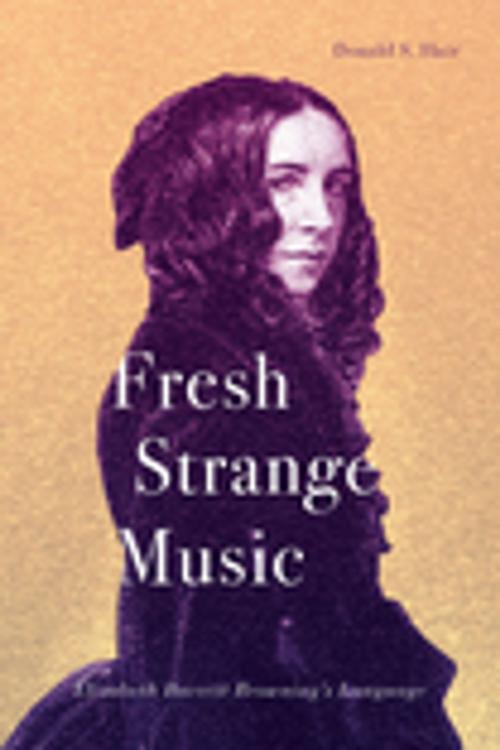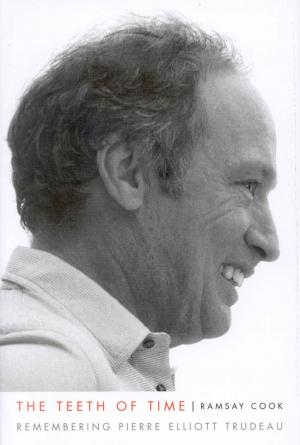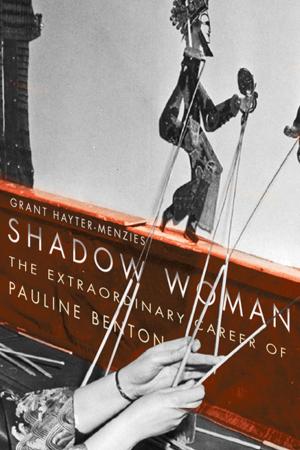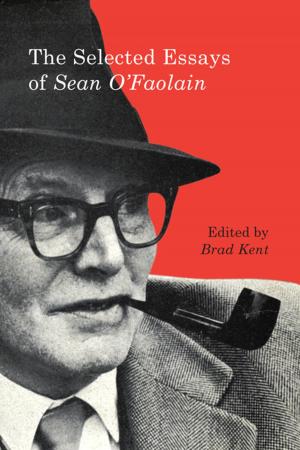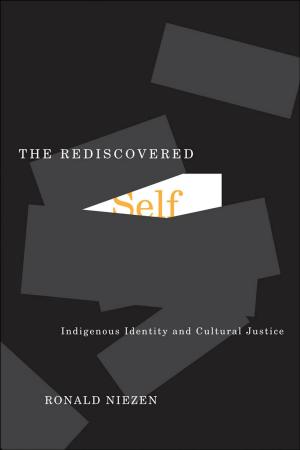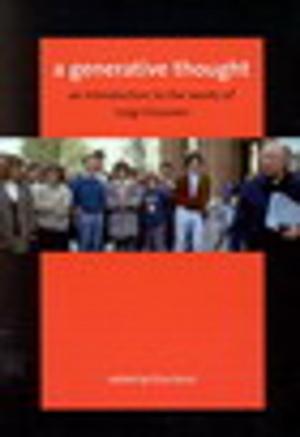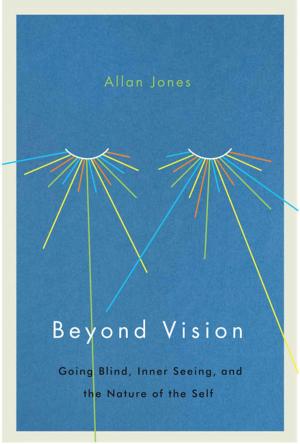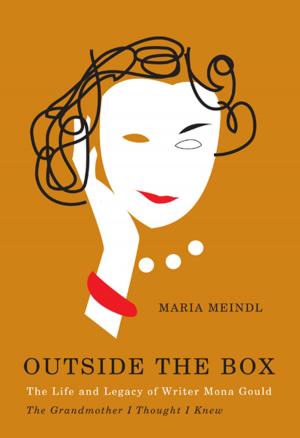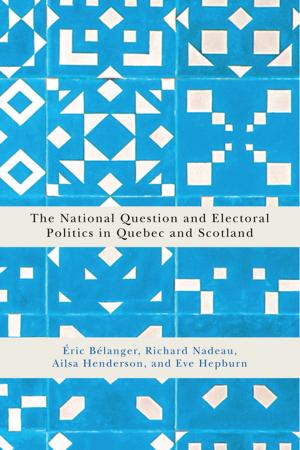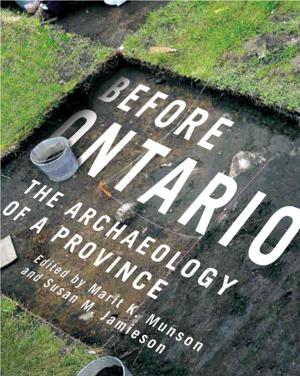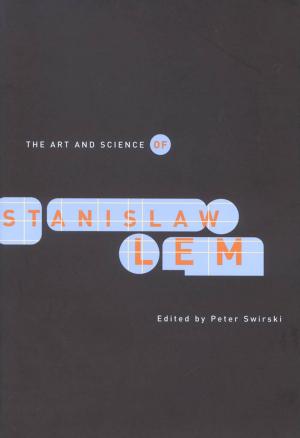Fresh Strange Music
Elizabeth Barrett Browning's Language
Fiction & Literature, Literary Theory & Criticism, British| Author: | Donald S. Hair | ISBN: | 9780773597679 |
| Publisher: | MQUP | Publication: | September 1, 2015 |
| Imprint: | MQUP | Language: | English |
| Author: | Donald S. Hair |
| ISBN: | 9780773597679 |
| Publisher: | MQUP |
| Publication: | September 1, 2015 |
| Imprint: | MQUP |
| Language: | English |
Elizabeth Barrett Browning evokes several figures as muses for her poetry, and one recurring type is the music master. While her writing has always been recognized as highly experimental, the influence and use of music in her work have not been fully examined. Fresh Strange Music defines the exact nature of Browning's experiments and innovations in rhythm, which she called the "animal life" of poetry, and in sound repetition, which she labelled her "rhymatology." Donald Hair approaches Elizabeth Barrett Browning's art with a focus on the power that shapes it - the technical music of her poetry and the recurring beat at the beginning of units of equal time that requires a different system of scansion than conventional metres and syllable counting. Music for Barrett Browning, Hair explains, has momentous implications. In her early poetry, it is the promoter of kindly and loving relations in families and in society. Later in her career, she makes it the basis of nation-building, in her support for the unification of Italy and, more problematically, in her championing of French emperor Napoleon III. Fresh Strange Music traces the development of Barrett Browning's poetics through all her works - from the early An Essay on Mind to Last Poems - showcasing her as a major poet, independently minded, and highly innovative in her rhythms and rhymes.
Elizabeth Barrett Browning evokes several figures as muses for her poetry, and one recurring type is the music master. While her writing has always been recognized as highly experimental, the influence and use of music in her work have not been fully examined. Fresh Strange Music defines the exact nature of Browning's experiments and innovations in rhythm, which she called the "animal life" of poetry, and in sound repetition, which she labelled her "rhymatology." Donald Hair approaches Elizabeth Barrett Browning's art with a focus on the power that shapes it - the technical music of her poetry and the recurring beat at the beginning of units of equal time that requires a different system of scansion than conventional metres and syllable counting. Music for Barrett Browning, Hair explains, has momentous implications. In her early poetry, it is the promoter of kindly and loving relations in families and in society. Later in her career, she makes it the basis of nation-building, in her support for the unification of Italy and, more problematically, in her championing of French emperor Napoleon III. Fresh Strange Music traces the development of Barrett Browning's poetics through all her works - from the early An Essay on Mind to Last Poems - showcasing her as a major poet, independently minded, and highly innovative in her rhythms and rhymes.
